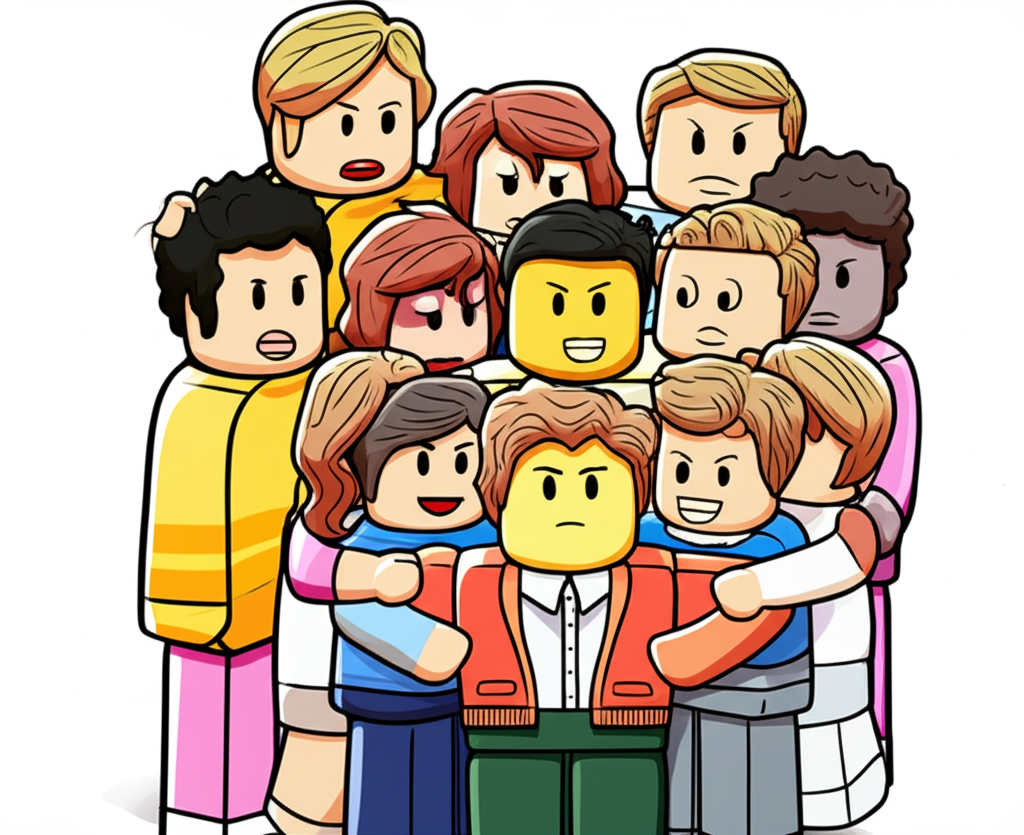실수, 누구는 미움받고 누구는 이해받는 이유!🤔
안녕하세요, 친구들! 우리는 모두 실수를 할 수 있어요. 하지만 똑같이 잘못해도 어떤 친구는 “역시 그럴 줄 알았어!”라는 말을 듣는 반면, 어떤 친구는 “무슨 이유가 있었겠지?”라며 이해받기도 하죠. 왜 이런 차이가 생기는 걸까요?
1. 마음을 다루는 능력의 차이: Emotional Regulation Skills
그 이유는 바로 마음을 다루는 능력에 있답니다. 잘못했을 때 화부터 내거나 짜증을 내는 친구들이 있어요. 하지만 정말 멋진 친구들은 그런 상황에서도 차분하게 자기 감정을 조절하고, 상대방의 이야기를 들어주려고 노력해요. 감정은 우리 마음의 소리이지만, 그것을 어떻게 표현하는지가 정말 중요해요.
2. 평소에 쌓아온 신뢰의 차이: The Power of Built Trust
또 다른 이유는 평소에 쌓아온 믿음이에요. 평소에 친구들과의 약속을 잘 지키고, 다른 친구들을 배려하는 마음을 가진 친구라면, 실수를 해도 “그럴 리가 없어!”라며 이해하며 믿어준다고 해요. 마치 튼튼한 다리처럼요! 하지만 평소에 거짓말을 자주 하거나 친구들을 괴롭히는 친구라면, 한 번의 실수가 “역시나!”라는 안 좋은 생각으로 이어질 수 있어요. [Image of two cartoon children, one looking sad and the other comforting them, demonstrating empathy and trust.]
3. 책임지는 태도의 차이: Taking Responsibility
마지막으로 중요한 건 책임지는 태도예요. “미안해, 내 잘못이야”라는 한마디에 사람들의 마음이 풀어져요. 자신의 잘못을 인정하고 솔직하게 사과하는 태도는 그 사람이 책임질 줄 아는 사람이라는 확신을 줍니다. 하지만 “나는 잘못 없어!”라고 변명하는 친구에게는 실망하게 되죠. 실수를 안 하는 것보다, 실수했을 때 어떻게 행동하는지가 더 중요하답니다.
결국 이런 차이를 만드는 건 어릴 때부터 익힌 ‘인성의 기본기’라고 할 수 있어요. 감정을 조절하는 방법, 사과하는 법, 남을 배려하는 법 등이 어린 시절부터 반복해서 배우고 익혀야 성인이 되었을 때 ‘됨됨이’로 드러난다고 해요.
감정을 조절하고, 사과하고, 배려심 가득한 여러분들은 어떤 실수를 해도 이해받고 사랑받는 멋진 친구가 될 수 있을 거예요! 😊
감사합니다.
—
Mistakes: Why Some Are Hated, While Others Are Understood! 🤔
Hello, friends! Everyone makes mistakes. But even when they do the same wrong thing, some friends hear, “I knew they’d do that!” while others are understood with words like, “There must have been a reason for it.” Why is there such a difference?
1. Difference in Emotional Regulation Skills
The reason lies in the ability to manage emotions. Some friends get angry or frustrated when they make a mistake. But truly great friends calmly control their feelings and try to listen to what others have to say. Emotions are the voice of our hearts, but how we express them is truly important.
2. Difference in Built Trust: The Power of Built Trust
Another reason is the trust built up over time. If you’re a friend who usually keeps promises and is considerate of others, people will trust you and think, “That can’t be right!” even if you make a mistake. It’s like a sturdy bridge! However, if you often lie or bother other friends, a single mistake can lead to negative thoughts like, “Just as I expected!” [Image of two cartoon children, one looking sad and the other comforting them, demonstrating empathy and trust.]
3. Difference in Taking Responsibility
Finally, what’s important is taking responsibility. People’s hearts soften at just one phrase: “I’m sorry, it’s my fault.” Admitting your mistake and sincerely apologizing gives people confidence that you are someone who takes responsibility. But they get disappointed by friends who make excuses like, “That’s not it!” or “It’s not my fault!” It’s more important how you act when you make a mistake than avoiding mistakes altogether.
Ultimately, these differences stem from the ‘fundamental basics of character’ learned from a young age. Learning to control emotions, apologize, and be considerate, when practiced repeatedly from childhood, will manifest as good character in adulthood.
If you learn to control your emotions, apologize, and are full of consideration, you can become a wonderful friend who is understood and loved, no matter what mistakes you make! 😊
Thank you.
실수, 누구는 미움받고 누구는 이해받는 이유!🤔
(Mistakes: Why Some Are Hated, While Others Are Understood!)
#인성교육 #사회성 #감정조절 #책임감 #아이교육 #실수 #감정조절 #친구관계 #책임감 #배려 #공감 #아동교육 #인성교육 #사회성교육 #유튜브쇼츠 #mistakes #empathy #trust #charactereducation #아이교육영상 #학습자

